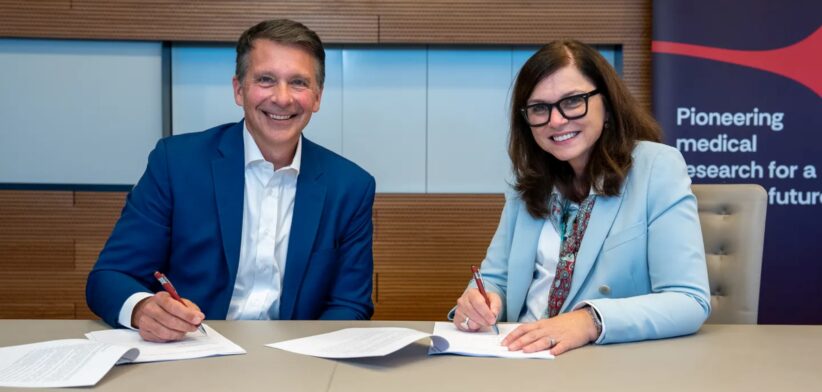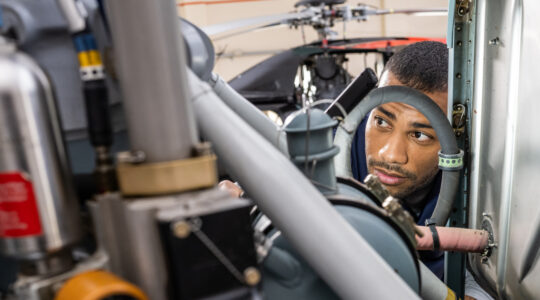One of the most advanced global tools in cancer immunotherapy, developed in Brisbane, is a step closer to being readily available.
The new cancer therapy, developed at QIMR Berghofer, will enter clinical development following a new collaboration and in-licensing agreement with Kazia Therapeutics.
Professor Sudha Rao, Principal Investigator at the Herston-based medical research institute, said the therapy, known as NDL2, was a first-in-class PD-L1 protein degrader and represented a new frontier in cancer immunotherapy.
Under the agreement, Kazia Therapeutics, a Sydney-based oncology-focused drug development company, had exclusive rights to develop and commercialise the program.
Professor Rao said NDL2 was currently the most advanced PD-L1 degrader in development globally.
“PD-L1 is a protein that cancer cells use to evade immune attack,” she said.
“When PD-L1 on a tumour cell binds to PD-1 on a T cell, the immune response is suppressed.”
Professor Rao said existing therapies used antibodies to block this interaction on the cell surface, however, NDL2 took a fundamentally different approach.
“NDL2 has the potential to redefine immunotherapy by targeting all functional pools of PD-L1 protein, not just the surface expression blocked by current antibodies,” she said.
“By eliminating PD-L1 throughout the cell, we can address resistance and other pathways that drive aggressive cancers like triple-negative breast cancer and non-small cell lung cancer.”
Kazia Therapeutics Chief Executive Officer Dr John Friend said the agreement positioned the company at the forefront of next-generation immuno-oncology.
“NDL2 is a truly first-in-class asset, representing the furthest advanced PD-L1 degrader globally and we believe one of the most exciting innovations in targeted protein degradation,” Dr Friend said.








